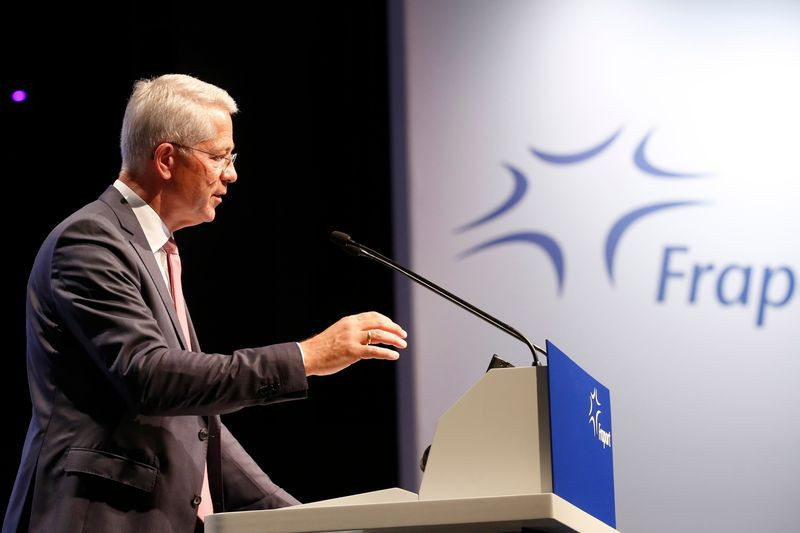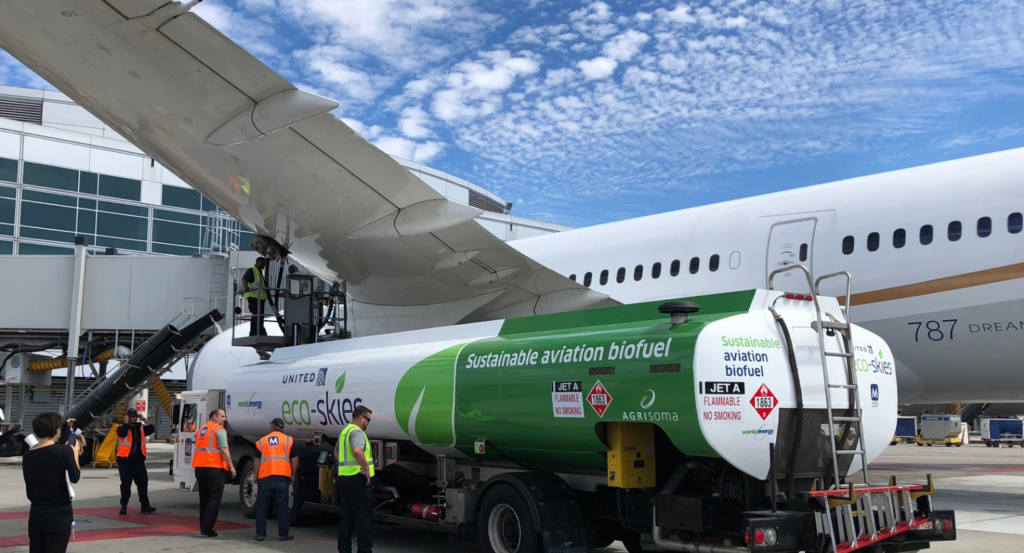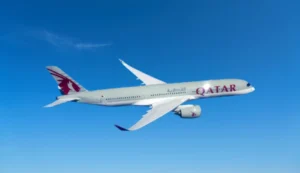EU Faces Challenges Meeting Sustainable Jet Fuel Quota, Warns Fraport CEO
Fraport CEO Stefan Schulte highlights the production challenges of sustainable aviation fuel (SAF) in the EU, urging the new European Commission to address the issue as demand outpaces supply.

Fraport CEO Stefan Schulte | Photo Source: aero.de
The European Union’s ambitious targets for sustainable aviation fuel (SAF) are facing significant hurdles, according to Stefan Schulte, CEO of Frankfurt airport operator Fraport. Schulte emphasized that current production levels of SAF, which is derived from bio-based materials like used cooking oil and wood chips, are insufficient to meet the mandated quotas.
SAF is a key component in the aviation industry’s efforts to reduce carbon emissions, potentially cutting them by up to 80% compared to conventional jet fuel. However, Schulte pointed out at a recent event that the production of SAF is not scaling up quickly enough to meet the EU’s requirements.
The European Union, which will soon see new European Commissioners and members of the European Parliament, has set forth regulations demanding that flights departing from EU airports use increasing amounts of SAF. The quota is set to rise from 2% of total fuel in 2025 to 70% by 2050, a significant jump from the current global usage rate of just 0.2%.

One major obstacle to achieving these targets is the high cost of SAF, which is three to five times more expensive than traditional jet fuel. Producers have expressed concerns about the uncertainty of demand, fearing potential oversupply in the coming years. Despite these concerns, Willie Walsh, head of the airlines industry group IATA, has assured that all SAF produced is being utilized and will continue to be in high demand.
The EU’s aggressive SAF quotas also raise questions about the global readiness for such a transition. Currently, SAF constitutes a mere 0.2% of global jet fuel usage, and scaling this to 70% by 2050 represents a monumental shift. Achieving this will require international cooperation and investment, as well as advancements in technology and production methods. The new European Commission will need to prioritize these issues, fostering partnerships between governments, the private sector, and research institutions to accelerate the development and deployment of SAF. This collaborative approach will be crucial in overcoming the current production shortfalls and meeting the ambitious environmental targets set by the EU.






